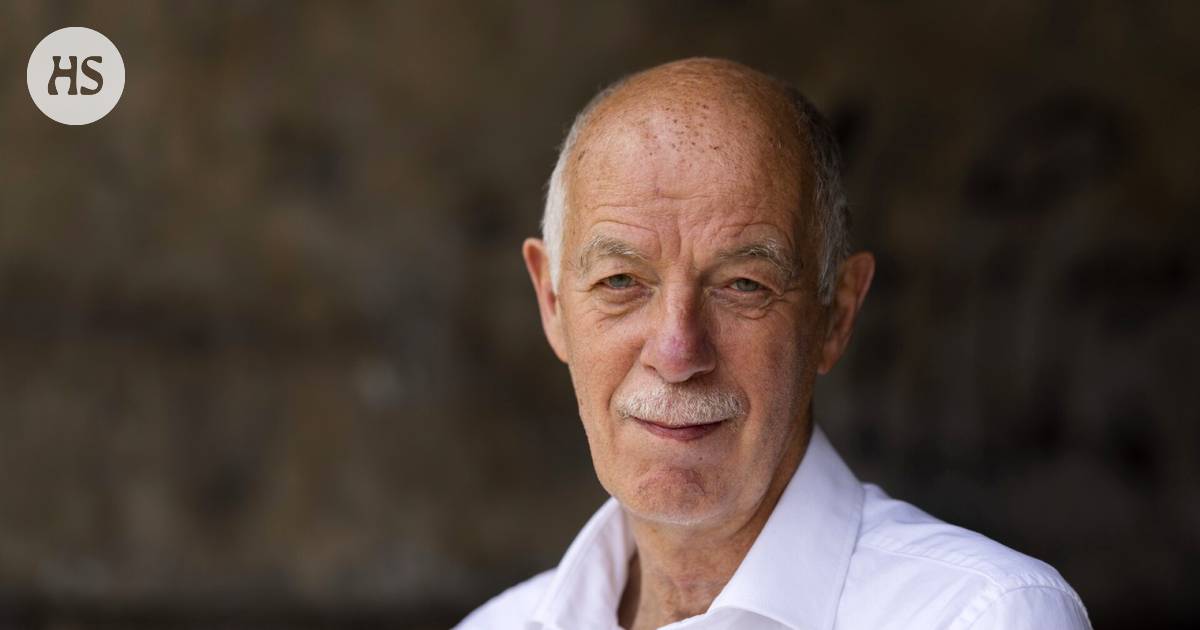The British Parliament passed a law on Tuesday, allowing asylum seekers to be flown to Rwanda while they await a decision. This law has been met with criticism from the UN and the EU, who argue that human rights of migrants may be violated. Retired crime commissioner Thomas Elfgren, who has experience in Rwanda, believes that the country has made significant strides in terms of development and safety since the 1994 genocide.
The debate surrounding the safety of Rwanda as a destination for asylum seekers has been contentious. While some argue that Rwanda is a safe country, others disagree. The main goal of the law is to deter individuals from attempting dangerous journeys to reach Britain by making Rwanda the designated location for asylum seekers to await a decision.
Critics have raised concerns about human rights violations and arbitrary treatment of individuals. Some have also questioned the affordability and sustainability of the British model, raising issues about how Rwanda would handle an influx of immigrants in the future.
Interior Minister Mari Rantanen has expressed support for outsourcing the European asylum system, emphasizing the need to prevent entry to Europe specifically. This approach raises questions about broader implications for asylum seekers and international right to asylum. Retired crime commissioner Thomas Elfgren highlights the importance of addressing underlying issues such as social and economic inequality that drive people to seek asylum.
Overall, this debate surrounding outsourcing asylum applications is complex and raises important questions about human rights protection, affordability of such systems, and long-term implications for refugees. It’s crucial that we address root causes of migration and create safe pathways for those in need of asylum.



:quality(75)/cloudfront-us-east-1.images.arcpublishing.com/elcomercio/PQTQQAZPTFAKJOQLJLPATPSLP4.jpg)